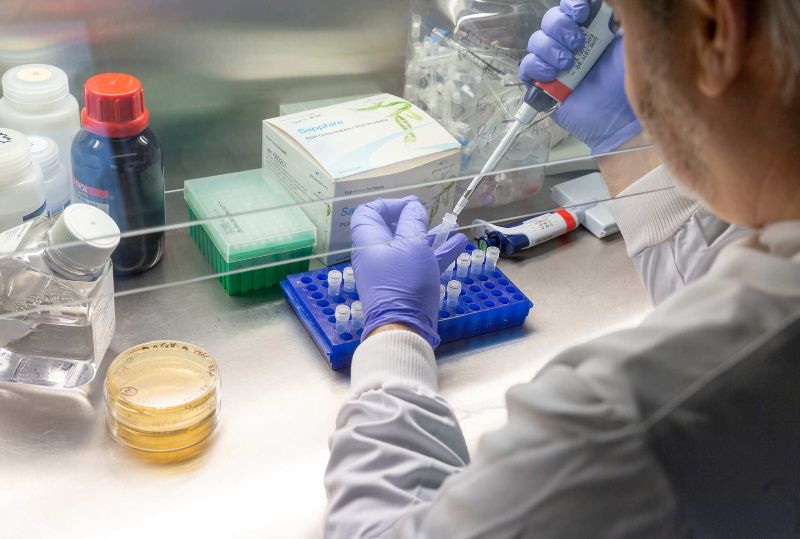
Imperial College London has secured £22.5m from the UK Government to accelerate the development of a potential Covid-19 vaccine.
Since February, researchers at Imperial have been studying a self-amplifying RNA vaccine candidate in animals.

Discover B2B Marketing That Performs
Combine business intelligence and editorial excellence to reach engaged professionals across 36 leading media platforms.
Upon administration, the vaccine will deliver genetic instructions to muscle cells generating the ‘spike’ protein found on the coronavirus’ surface. This mechanism is expected to trigger an immune response and create immunity against Covid-19.
Early findings from animals studies showed that the vaccine led to the generation of neutralising antibodies against SARS-CoV-2, the novel coronavirus that causes Covid-19.
The Imperial team is currently developing the vaccine further, with plans for human clinical trials.
The government funding will be used to support Phase II trials and to make preparations for a large Phase III trial.

US Tariffs are shifting - will you react or anticipate?
Don’t let policy changes catch you off guard. Stay proactive with real-time data and expert analysis.
By GlobalDataMeanwhile, researchers are looking for additional philanthropic support for parallel international trials to expedite development and allow global availability, including in low and middle-income countries.
Imperial College London Department of Infectious Disease professor Robin Shattock said: “This investment will help us accelerate our clinical programme, moving from starting human safety trials in June through to testing whether the vaccine can prevent infection in the wider community.
“We are working as fast as we can to determine the vaccine’s efficacy and to get to a position where millions or billions of the vaccine can be manufactured rapidly.”
In addition, Imperial has also joined a trial led by the University of Oxford, which is developing the ChAdOx1 nCoV-19 vaccine candidate against the novel coronavirus.
The university also secured £20m in funding from the UK Government to support the vaccine trial that will be performed over six months at multiple centres across the country.
Imperial College NHS Trust is currently enrolling healthy participants for the study.





